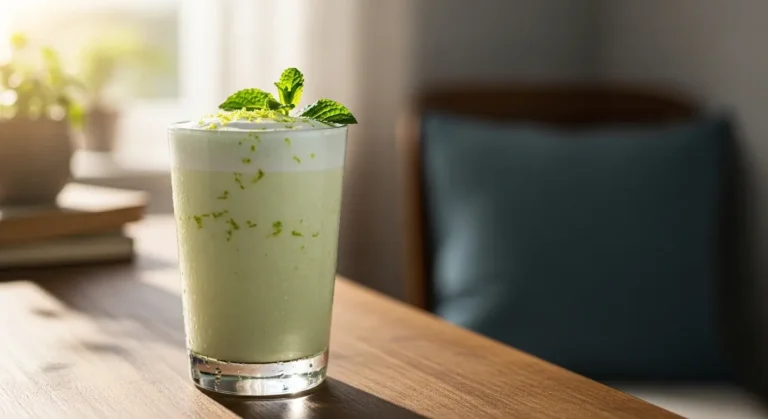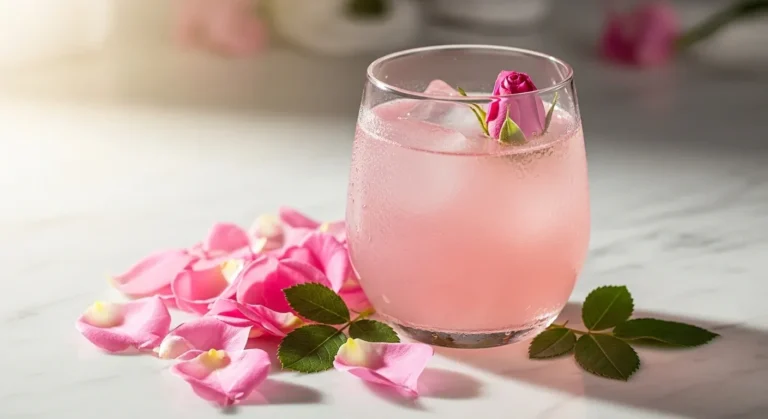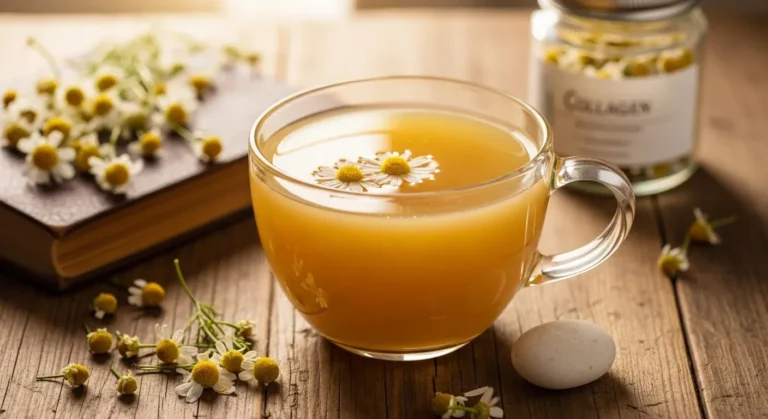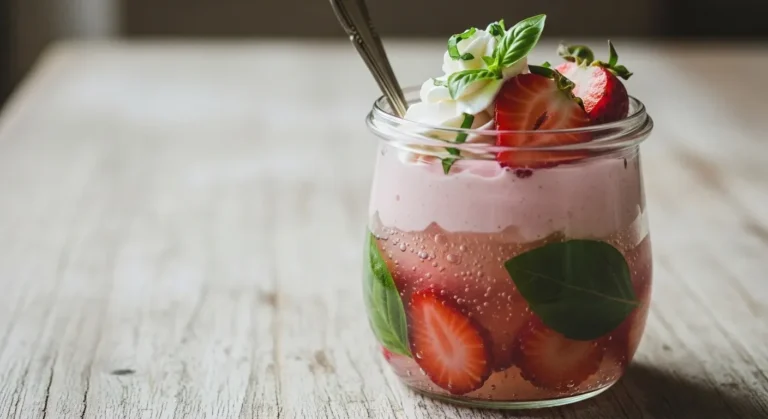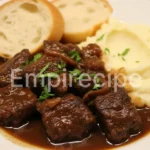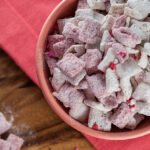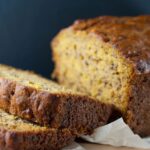The Best Fluffy Pancakes recipe you will fall in love with. Full of tips and tricks to help you make the best pancakes.
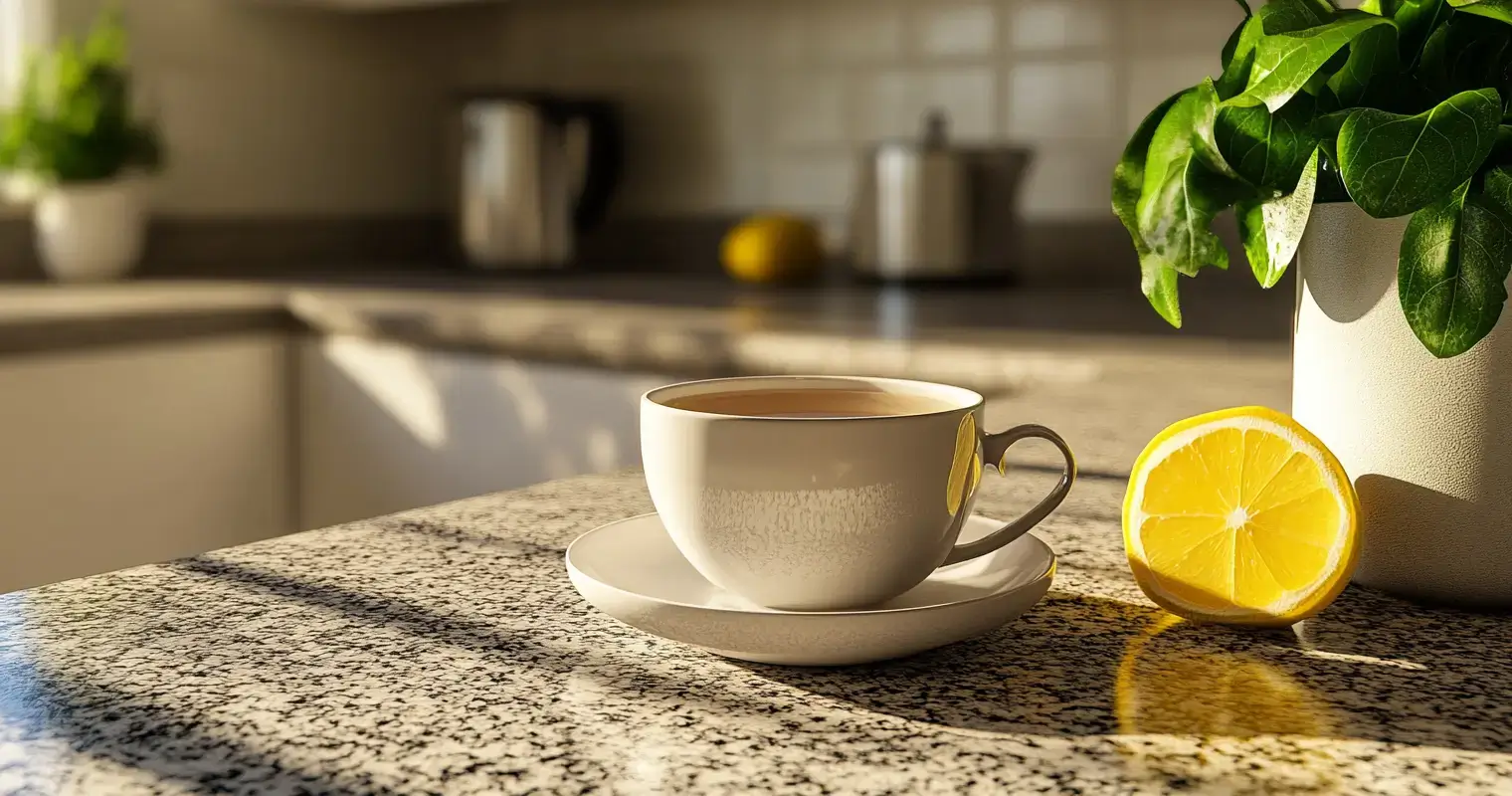

We’ve all been there — staring at the ceiling, counting sheep, and wishing for the sweet embrace of sleep. If that sounds familiar, you’re not alone. Many people turn to herbal remedies like Sleepytime tea to relax and drift off to dreamland. But with so many options out there, how do you choose the best one for your needs? Let’s dive in!
Understanding Sleepytime Tea: What Is It?
Sleepytime tea isn’t just a fancy name; it’s a soothing herbal infusion crafted to help you relax and improve your sleep quality. Unlike traditional teas made from Camellia sinensis (think black or green tea), Sleepytime tea is caffeine-free and packed with herbs known for their calming properties.
So, what’s the secret? It’s all about the herbs. These teas are specifically blended with ingredients like chamomile, valerian root, and lavender — nature’s very own sleep aids.
“Think of Sleepytime tea as a cozy blanket in a mug, wrapping you up with relaxation and calmness.”
Whether you struggle with occasional sleeplessness or simply want to unwind after a long day, Sleepytime tea can be your go-to bedtime companion.
The Origins of Sleepytime Tea
The idea of using herbs for better sleep is nothing new. In fact, ancient cultures have been brewing calming teas for centuries. The modern-day concept of Sleepytime tea was popularized by brands like Celestial Seasonings, who saw the need for a natural, relaxing beverage. Today, Sleepytime tea is a staple in many households.
How Sleepytime Tea Supports Better Sleep
Sleepytime tea works its magic by targeting the body’s stress response. The calming herbs it contains help to:
- Reduce stress and anxiety.
- Lower heart rate and blood pressure.
- Induce feelings of drowsiness without the grogginess of medications.
But don’t expect a magical sleep potion — the real benefits come when Sleepytime tea is combined with good sleep hygiene.
Key Ingredients in Sleepytime Tea
Let’s take a closer look at what makes Restful Tea so effective. These ingredients aren’t just thrown together randomly; each one plays a unique role in promoting relaxation and sleep.

Chamomile: The Quintessential Sleep Herb
Chamomile is the superstar of Sleepytime tea. Known for its mild, apple-like flavor and calming effects, chamomile has been shown to reduce anxiety and promote better sleep. It’s like the herbal equivalent of a lullaby.
Valerian Root: A Potent Natural Sleep Aid
Valerian root is another heavy hitter in the world of sleep-promoting herbs. Often referred to as “nature’s Valium,” valerian root helps to relax the nervous system, making it easier to fall asleep.
“Think of valerian root as the grounding force in your tea, helping to calm your body and mind.”
Lavender: Calming Properties for Relaxation
Ah, lavender! This fragrant herb isn’t just great for bath salts and candles. In Natural Sleep Tea, lavender adds a subtle floral note while helping to reduce stress and improve sleep quality.
Lemon Balm and Peppermint: Dual Benefits for Sleep and Digestion
Lemon balm and peppermint not only add a refreshing twist to your tea but also help soothe digestive discomfort. A calm stomach equals a calm mind, right? 🍵
Passionflower: Nature’s Tranquilizer
Passionflower is like the unsung hero of Sleepytime tea. It’s known to enhance the production of gamma-aminobutyric acid (GABA), a neurotransmitter that promotes relaxation and reduces anxiety.
Top 5 Ingredients That Make Sleepytime Tea So Effective

Not all Sleepytime teas are created equal. The magic lies in the ingredients that go into the blend. Let’s break down the top five ingredients that make this tea a bedtime favorite.
Chamomile: The Bedtime Staple
Chamomile is a star ingredient in almost every Nighttime Tea blend. Why? It’s been scientifically proven to promote relaxation and help ease anxiety. With its delicate, slightly sweet flavor, chamomile is like a warm hug in a mug.
Valerian Root: Nature’s Sleep Inducer
This root might not win any flavor awards (it’s a bit earthy), but its effects are undeniable. Valerian root is a natural sedative that works by increasing the brain’s GABA levels. This results in a calmer mind and a quicker trip to dreamland.
“Valerian root is like the steady hand guiding you toward restful sleep.”
Lavender: Promoting a Calm Mind
Lavender doesn’t just smell amazing; it’s also incredibly calming. In tea form, lavender can help reduce stress and create a peaceful mood, setting the stage for a great night’s sleep.
Lemon Balm: Stress Reduction and Digestive Aid
Lemon balm is another multitasking herb. Not only does it help calm the nervous system, but it also eases digestive discomfort. Its bright, citrusy flavor is an added bonus!
Peppermint: Soothing and Refreshing
Peppermint adds a refreshing twist to Sleepytime tea, but it’s not just about taste. Its calming effects on the digestive system can indirectly promote better sleep. After all, nobody sleeps well with an upset stomach.
Top Brands Offering the Best Sleepytime Tea
When it comes to finding the best Sleepytime tea, certain brands stand out for their quality and consistency. Let’s take a look at some top contenders.
Celestial Seasonings: A Household Name
If you’ve ever tried Sleepytime tea, chances are you’ve sipped on Celestial Seasonings. This brand is famous for its signature blend, which includes chamomile, spearmint, and lemongrass. It’s a classic choice for a reason!
Yogi Tea: Targeted Sleep Blends
Yogi Tea is known for its specialized blends that address specific needs. Their “Bedtime” tea combines chamomile, passionflower, and valerian root for a potent sleep aid.
“Think of Yogi Tea as the personal trainer of herbal teas, tailoring each sip to your wellness goals.”
Traditional Medicinals: Medicinal-Grade Herbal Teas
For those who prefer organic and medicinal-grade options, Traditional Medicinals is a great choice. Their “Nighty Night” tea is packed with valerian root and passionflower, making it a go-to for serious relaxation.
Twinings: Classic Herbal Teas for Sleep
Twinings offers a variety of herbal teas, but their “Sleep” blend is a standout. With chamomile, cinnamon, and cardamom, it’s a warm and spicy option that feels like comfort in a cup.
FAQs About Sleepytime Tea
Still curious about Sleepytime tea? Here are answers to some of the most common questions.
Does Sleepytime Tea Really Make You Sleepy?
Yes, but it’s not a magic potion. Sleepytime tea helps create a relaxed state that makes falling asleep easier. Combine it with good sleep habits for the best results.
What Drug Is in Sleepytime Tea?
No drugs here! Sleepytime tea relies on natural ingredients like chamomile and valerian root. These herbs act as gentle, natural sedatives.
What Type of Tea Is Sleepytime Tea?
It’s a type of herbal tea, which means it’s caffeine-free and made from flowers, roots, and leaves rather than traditional tea leaves.
What Is the Best Tea for Sleep and Anxiety?
The best tea depends on your preferences. Blends with chamomile, valerian root, and lavender are excellent choices for sleep and anxiety relief.
How to Brew Sleepytime Tea for Maximum Effectiveness

Making the perfect cup of Sleepytime tea isn’t rocket science, but a few small tweaks can elevate your experience and enhance its effects. Here’s how to brew like a pro:
“Pair your Sleepytime tea with a relaxing evening snack. Discover quick and easy potluck ideas everyone will love to complement your tea ritual.”
Optimal Brewing Times and Temperatures
The key to unlocking the full benefits of Sleepytime tea lies in proper brewing:
- Water Temperature: Aim for hot, not boiling. Around 190°F (just below boiling) is ideal to preserve the delicate herbal properties.
- Steeping Time: Patience pays off! Steep your tea for 5–7 minutes to extract maximum flavor and benefits. Don’t rush it!
Enhancing Flavor with Honey, Lemon, or Milk
While Sleepytime tea is naturally pleasant, a little customization can make it even better:
- Add a teaspoon of honey for natural sweetness and added throat-soothing properties.
- Squeeze in some lemon juice for a zesty twist that complements lemon balm.
- Use a splash of warm milk for a creamy, cozy texture that feels indulgent.
“Think of it as crafting your own bedtime ritual, one soothing sip at a time.”
Common Problems When Using Sleepytime Tea
Even the most magical teas can hit a snag. Here are common issues and how to fix them.
Insufficient Sleep Benefits: What Went Wrong?
Sometimes, you might not feel the full relaxing effects. This could happen if:
- You’re consuming other stimulants like caffeine or sugar before bed.
- You’re not allowing enough time for the tea to work its magic (try drinking it 30 minutes before sleep).
- Stress or distractions are overpowering the tea’s calming effects.
Overuse of Ingredients: Potential Side Effects
Even natural remedies can have side effects if overused. Drinking Sleepytime tea in excess (more than 3 cups a day) might cause:
- Drowsiness during the day.
- Mild digestive discomfort from strong herbs like valerian root.
Stick to 1–2 cups in the evening for optimal benefits.
Interactions with Medications and Pre-existing Conditions
Always consult a healthcare professional if you:
- Take sedatives or anti-anxiety medications.
- Are pregnant or breastfeeding, as some herbs may not be suitable.
Solutions to Maximize the Effectiveness of Sleepytime Tea
Want to make the most of your cup of tea? Pair it with these simple strategies.
“Explore more creative ways to incorporate tea into your lifestyle, like pairing it with hearty meals. Learn everything you need to know about Yukon Gold potatoes to prepare meals that align with your wellness goals.”
Pairing Tea with Good Sleep Hygiene Practices
A cup of Sleepytime tea is most effective when combined with good habits, like:
- Keeping your bedroom dark and cool.
- Avoiding screens at least an hour before bed.
- Following a consistent bedtime routine.
Timing Your Tea Consumption for Best Results
Drink your tea about 30–60 minutes before bed to give it time to work. Too late, and you might find yourself waking up for bathroom trips!
Combining Sleepytime Tea with Other Natural Sleep Aids
Consider pairing your tea with:
- Aromatherapy: Use lavender essential oil to complement the tea’s calming effects.
- Breathing Exercises: Deep, slow breaths can amplify relaxation.
Choosing the Best Sleepytime Tea for Your Needs
With so many options available, here’s how to narrow down the best Sleepytime tea for you:
Evaluating Ingredient Lists for Targeted Benefits
Check the label! Look for blends that include your favorite ingredients like chamomile for stress relief or valerian root for sleep aid.
“Relaxation doesn’t stop at the tea. For the ultimate calming experience, pair your tea with a slice of praline cheesecake — a dessert that soothes both your mind and taste buds.”
Checking for Certifications and Quality Assurance
Always opt for organic or high-quality brands that avoid artificial additives. Certifications like USDA Organic or Non-GMO Verified are good indicators.
Sampling Different Blends to Find Your Favorite
Don’t be afraid to experiment. Sample small packs or variety boxes to discover the flavor and effect that suits you best.
Embrace Relaxation and Better Sleep with the Right Tea
At the end of the day (literally!), Sleepytime tea is more than just a drink — it’s an invitation to relax, recharge, and reset. So, whether you’re a seasoned tea enthusiast or a newcomer looking for a natural sleep aid, the perfect blend is out there waiting for you. Cheers to restful nights!

